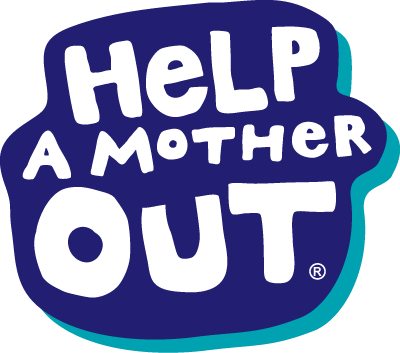A family’s access to a reliable supply of
clean diapers leads to >
Healthy Communities
NO INFECTIOUS DISEASE OUTBREAKS
Dirty diapers on the move can make us sick and spread
hepatitis A, viral meningitis, and severe bacterial diarrheas.
Frequent Diaper Changes
HEALTHY & HAPPY BABIES
Kids don’t have painful diaper rash, fever, loss of appetite or vomiting, herpes, staphylococci, urinary tract infections, jaundice or renal failure. Clean diapers make the whole family smile.
Opportunity to Thrive
PARTICIPATION IN EARLY CARE & EDUCATION PROGRAMS
Parents need to work. Kids need to learn. A supply of clean diapers are required to attend most childcare programs.
Baby needs backup >
You can’t buy diapers with food stamps or get them through WIC (Women, Infants and Children). Yep, it’s true – public assistance programs don’t cover diapers. And, when food pantries are asked what kind of donations are needed, diapers are always a top request.
22% of all children under five years old in the U.S. live in poverty and one out of every three families struggle to afford diapers. Families in need make tight choices with their money. Imagine having to choose between food, medicine, or diapers — a terrible option, yet an all-too-common one.
If a family can’t afford diapers, a baby may spend extended periods of time in the same soiled diaper. The need is so great that diapers are sometimes re-used after they have been soiled. Babies in dirty diapers suffer. It can lead to serious health problems for them and disease outbreaks for entire communities.
Diapers cost an average of $75 to $100 per month and that’s a lot of dough to drop for the 46.2 million people living in poverty in the U.S. That’s a grand total of $2,850 to diaper one child with regular changes. Many low-income shoppers also have to frequent drug stores or urban convenience stores resulting in higher costs than big box stores or online retailers.
Every baby deserves a clean diaper >
The severe health and social consequences for babies and families who do not have access to diapers is a bum deal. Lack of enough diapers can lead to a whole mountain of problems for families in need: unhappy babies, unhealthy communities, under-educated toddlers, and under-employed adults. Something so basic as a diaper can actually have a big impact on a family’s ability to become financially self-sufficient.
